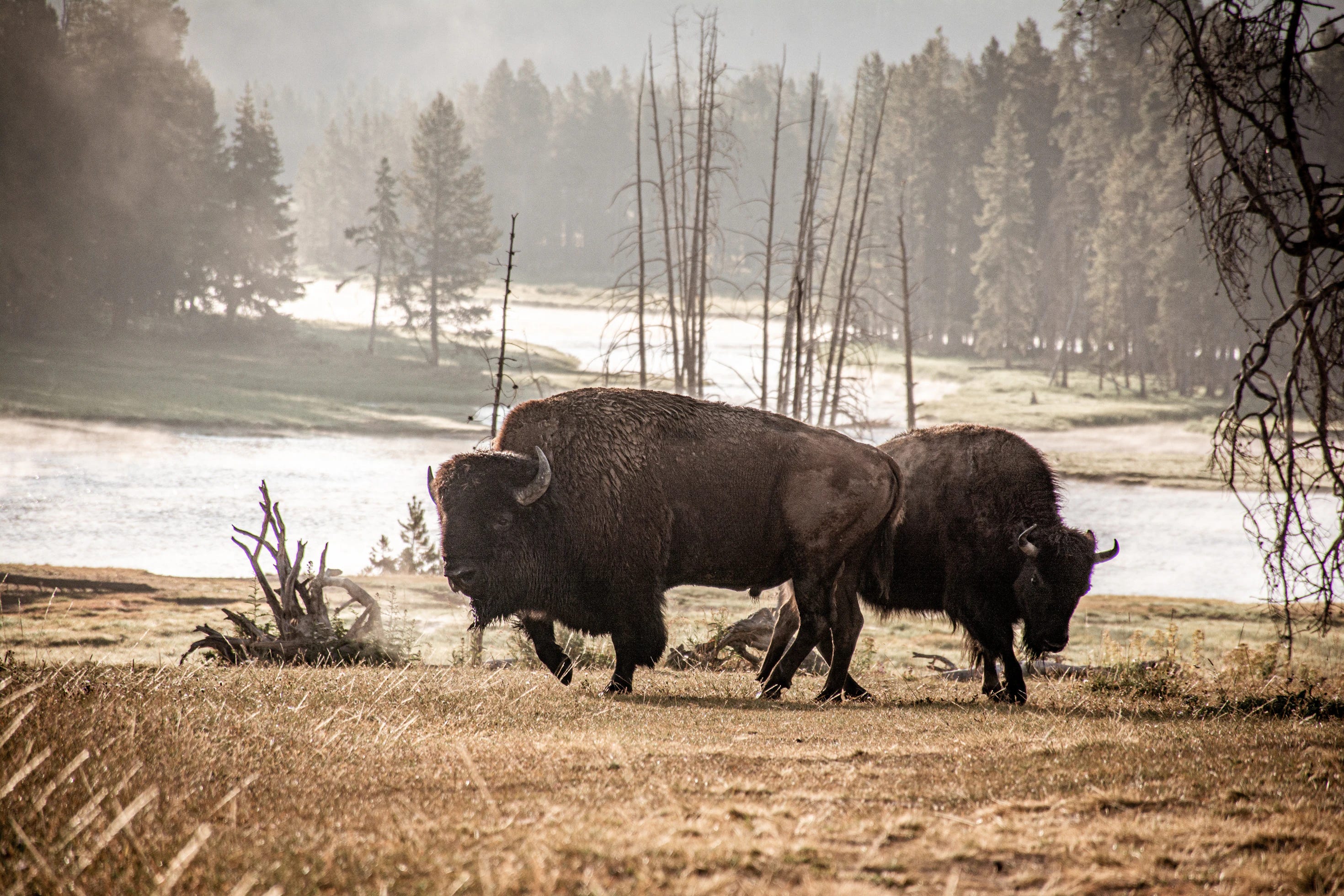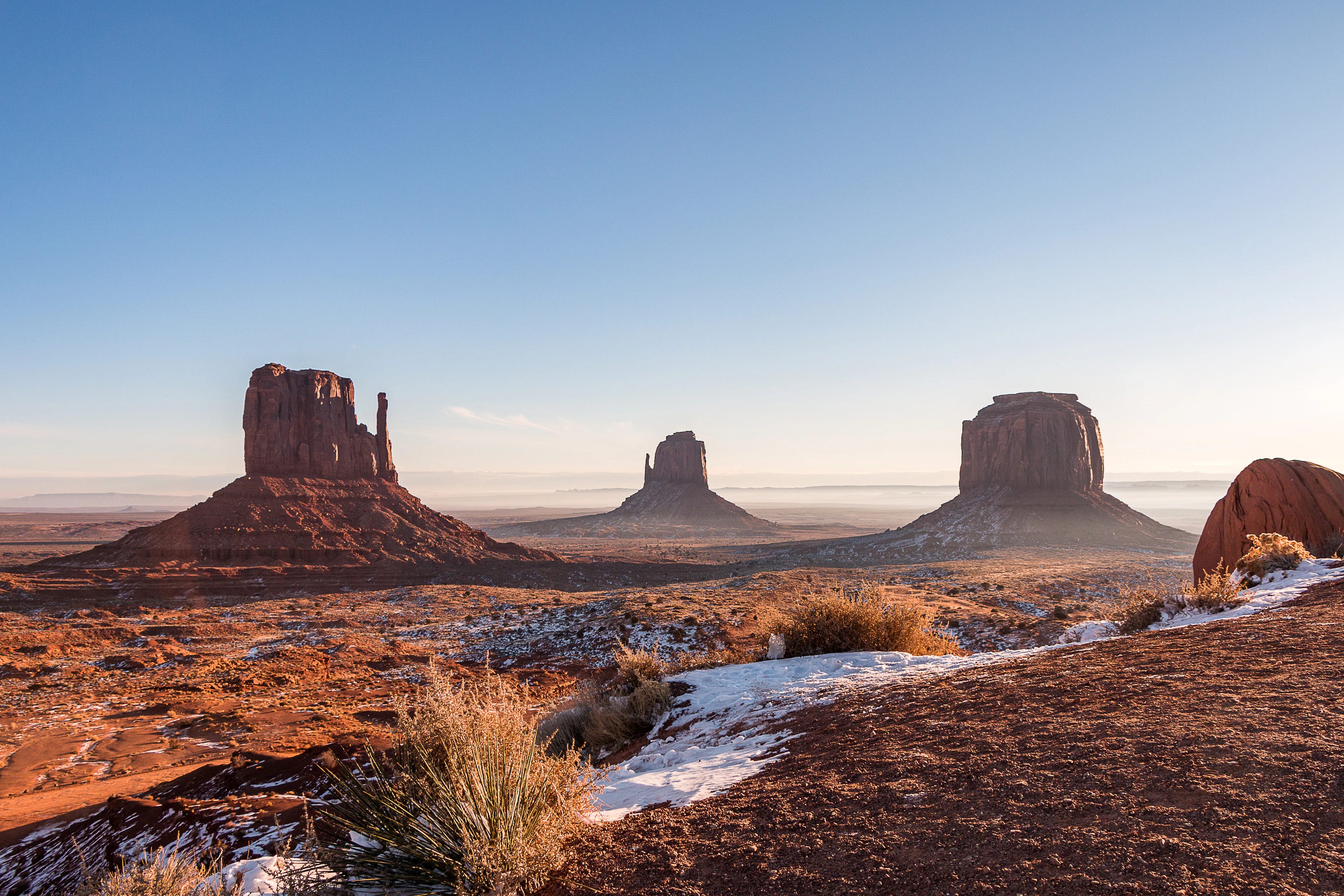Restoring Biodiversity - 3/19/2024
What is a "brush chainring (and how does it impact biodiversity)? The key to healthy forests. Biosn as proxies for cattle. And more...
Thank you for subscribing to the Pitchstone Waters weekly newsletter.
Here is what we’ve been reading, watching and writing about over the past week…
Articles

Roller Felling
"This 'chaining' has been used in Texas for years to treat brush. Results are mixed.

Ecologist Suzanne Simard Wants To Change The Way We Look At Trees
As discussed in this article, the key to healthy forests is (1) tree species biodiversity, and (2) healthy soil life.
Videos

Brush Chaining to Improve Elk Habitat
Quoting the makers of this video, "We head to Eastern Kentucky to observe a new habitat management technique called "Brush Chaining" to help rid the land of the invasive Autumn Olive. In turn, this will help Kentucky's elk population thrive."
Chaining has been done in Texas for years. Short term results are good, however, what you see before chaining are symptoms: The cause is removal of animal impact. Unless animals and animal impact are returned, these areas will return to the pre-chained state in a few years.

Brush Sculpting
Much has been said about using cattle as proxies for bison: What about bison as proxies for cattle?

Holistic Grazing in the Arizona / Sonora Borderlands
Cattle are grazed in any spot for 6-hours, followed by 18-months recovery.
—
And that’s it - as always thank you..
if you haven’t already - please check out our views on biodiversity at https://pitchstonewaters.com/blog/
Please pass along, and if you if you received this from a friend - consider subscribing below.
